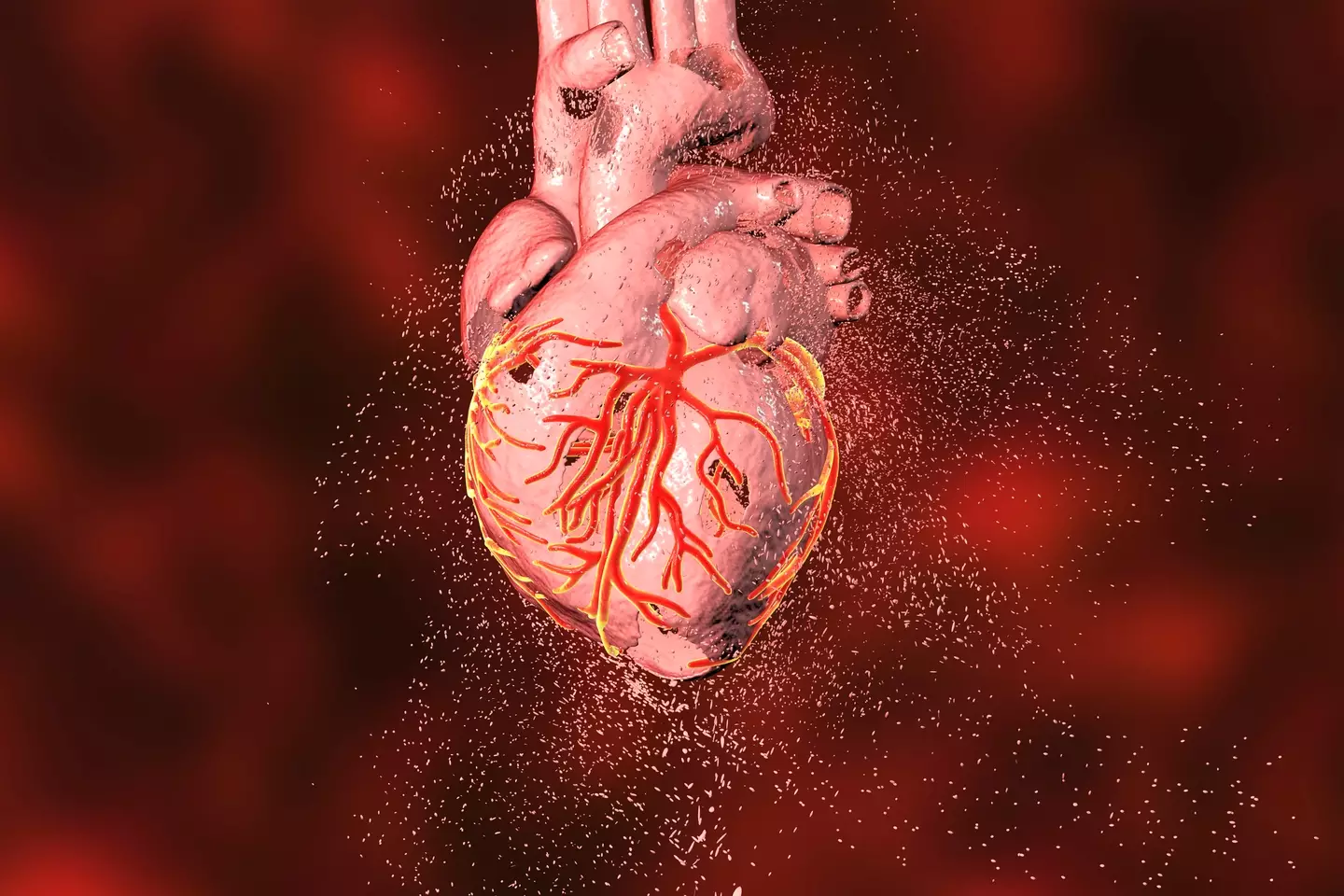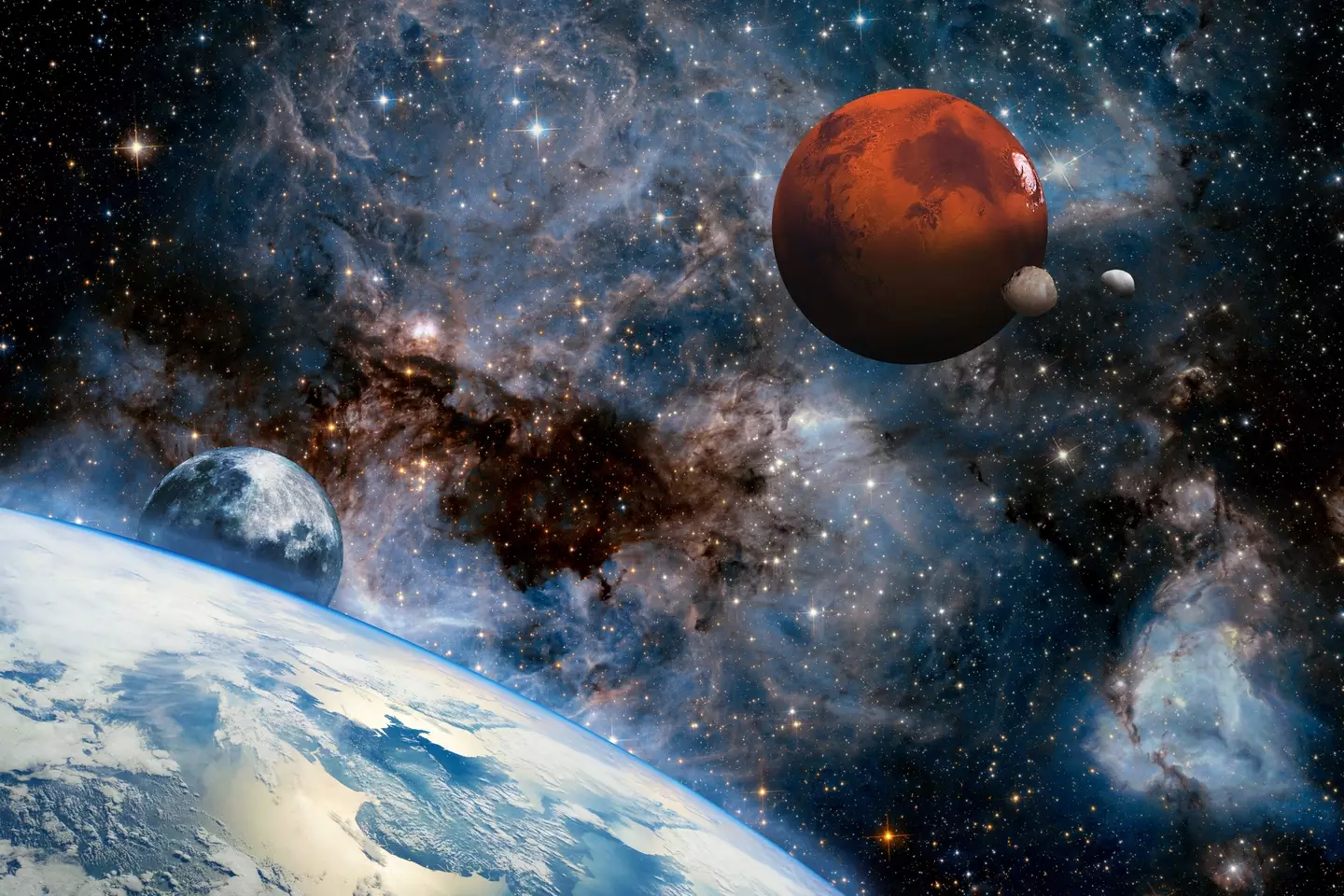
Death comes for us all as we age, but a new discovery from NASA scientists has seemingly unlocked the potential for longer life, targeting a previously terminal bodily process that could help humans live for longer and extend space travel efforts.
Beating death is something that humans have been trying to do for years, and this can range from anything between zombie-like drugs marketed to the world's elite to bizarre 'biohacking' methods that have proven controversial on social media.
Understandably not everyone will be up for tracking your own erection data to live a bit longer, but it proves the lengths that some will go to in order to eke out as much life from the human body as possible.
However, new research from key scientists at NASA, the ESA, University College London, and AI biotech company LinkGevity has reached a potential breakthrough by using a human process that was previously considered terminal to enhance the lifespan of humans.
Advert

As reported by Sustainability Times, this new study proposes research into necrosis, which is a form of cell death inside the human body which has traditionally been viewed as chaotic and uncontrollable.
Instead, it is now being targeted by scientists as a mechanism that we can potentially control, and it could allow health experts to create new treatments for many age-related diseases that are currently difficult to deal with like Alzheimer's, kidney failure, and cardiovascular decline.
Understanding necrosis will help scientists reach a greater understanding of how cells inside the human body age and fail, and it could also prove a vital step in continued space exploration efforts.
One of the biggest challenges in space travel is the accelerated aging that microgravity and space radiation causes for astronauts, making extended stays beyond Earth incredibly difficult for the human body.
While this so far has directly affected the length of time that astronauts can healthily stay on board nearby points of interest like the International Space Station, it will also dramatically impact the ability to reach further-out planets or areas in the future.

With current technology available to the best space agencies across the world it would take roughly six months each way to visit Mars, and far longer to go any further into the depths of the solar system.
Preventing necrosis as a physiological process, even just for the period of time that an astronaut is in space, could allow humans to safely travel far greater distances, which would remove one of the biggest barriers currently preventing humans from exploring planets like Mars.
Combine this with the potential to treat life-threatening diseases as we age and necrosis could become one of the biggest areas of research in the scientific world, enabling significant progress that could in theory allow us all to live far longer.
